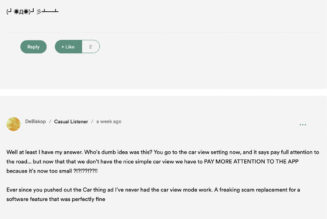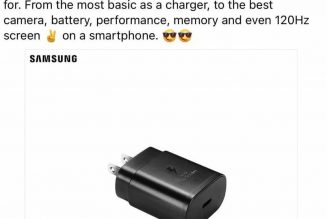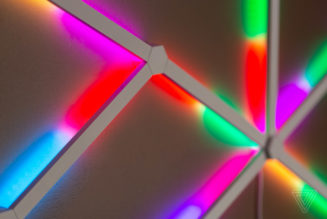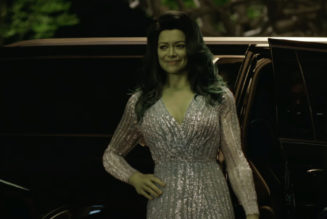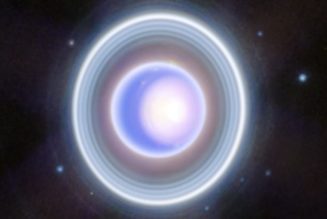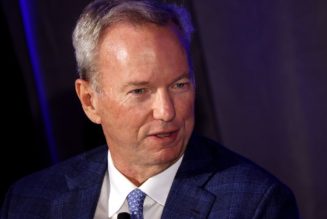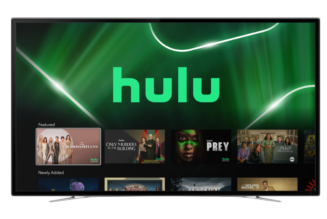
Fisker Inc. quietly settled a previously unreported trade secret lawsuit with Volkswagen-backed solid-state battery company QuantumScape last July, The Verge has learned. The suit, filed in April 2019 in Santa Clara Superior Court, was centered on a former QuantumScape employee who brought thousands of confidential documents with her to a new job at Fisker Inc. in late 2018 and early 2019.
While the lawsuit played out, Fisker Inc. locked away those documents and the work done by the employee, and even “quarantined” battery cells made while she worked there, though it ultimately argued the information was public domain. As part of the settlement, Fisker Inc. ultimately agreed to delete or destroy the documents the employee brought with her. Fisker Inc. recently disclosed in a filing with the Securities and Exchange Commission that it agreed to pay $750,000 in cash to settle claims of trade secret misappropriation in July 2020, though it did not name QuantumScape.
The suit was settled at the same time that Fisker Inc. was trying to strike a deal with Volkswagen to power its first SUV, the Ocean, with the German automaker’s new modular electric vehicle platform. Those talks have fallen apart, though, as the two companies blew past their deadline to strike a deal. Fisker Inc. has since contracted automotive supplier Magna to build the Ocean SUV and has an agreement with iPhone-maker Foxconn to build a second vehicle.
Volkswagen made a $100 million investment in QuantumScape in 2018 and added another $200 million to the joint venture last June. But the German automaker has been collaborating with the battery company since 2012. A Stanford spinout, QuantumScape is one of many companies working on solid-state batteries, which replace the liquid electrolyte found in lithium-ion batteries with a solid material that could help increase energy density, allow faster charging, and reduce the risk of fire. Like Fisker Inc, QuantumScape merged with a special purpose acquisition company last year and is now publicly traded.
In 2019, Fisker Inc. delayed a luxury sports car that was supposed to use the solid-state battery it was developing because the tech wasn’t ready. QuantumScape argued in the lawsuit that the employee, battery researcher Anna Choi, and Fisker Inc. tried to use the information to “redirect Fisker’s development of the thin film ceramic electrolyte for its lithium-based battery to emulate QuantumScape’s.”
QuantumScape described in the suit how Choi brought confidential material to Fisker Inc. before and after taking a job with the EV startup, and she admitted to doing so as part of the settlement. QuantumScape also tried to argue Choi was directed by Fisker Inc. executives to bring over the confidential material, including co-founder Geeta Gupta Fisker and then-head of battery development Fabio Albano. Gupta Fisker and Albano separately denied this, and Fisker Inc. claimed Choi acted of her own volition.
Choi and QuantumScape did not respond to requests for comment. A lawyer for Albano and a spokesperson for Volkswagen declined to comment. Fisker Inc. founder Henrik Fisker declined to comment on the lawsuit in an interview with The Verge.
According to the lawsuit, the trouble started when Choi gave Fisker Inc. a 52-slide PowerPoint — described in the heavily redacted lawsuit as a “virtual playbook” to key QuantumScape innovations and trade secrets, with “detailed recipes, processes, [and] ingredients” — in an interview with the EV startup on November 20th, 2018.
“Immediately after her interview, [Fisker Inc.] began peppering Choi with requests for her ‘recommendations’ regarding equipment to be used, vendors, and pricing,” lawyers for QuantumScape wrote in a filing.
QuantumScape further claimed Choi “emailed highly confidential QuantumScape materials to her personal Yahoo email account” on December 11th and 12th in 2018. On December 14th, again met with Fisker Inc. at the EV startup’s Torrance, California headquarters to attend its holiday party, according to court filings.
That same day, QuantumScape said Choi logged in to the company’s secure intranet system from an IP address “publicly associated with Fisker” and “reviewed and downloaded several dozen highly confidential technical documents to which she had been granted restricted access.”
Fisker Inc.’s legal team pushed back on this, arguing that QuantumScape was broadly using the term “trade secrets” to refer to public information about its battery tech, and “because QuantumScape utterly failed to reasonably protect the secrecy of its ‘trade secrets’ by allowing Choi ‘unfettered and unmonitored access to its networks,’ according to a filing.
“It was only by chance (because Choi referenced a QuantumScape item number on a call with a third-party supplier) did QuantumScape learn of Choi’s activity,” lawyers for Fisker Inc. wrote. “[D]espite Choi’s unilateral actions, Fisker never wanted any QuantumScape confidential information, and it has not used any QuantumScape non-public information.”
Fisker Inc. fired Choi in April 2019 just a few weeks after the lawsuit was filed. Albano, a highly touted battery expert, left Fisker Inc. in May 2019, though Fisker Inc. contends he was fired in court filings. Albano has since filed a previously unreported breach of contract suit against Fisker Inc. in Los Angeles County Superior Court.
Since settling the trade secret lawsuit, both Fisker Inc. and QuantumScape have gone public and raised eye-popping amounts of money. Fisker Inc. went public in October 2020 and raised $1 billion, and it’s now planning to use more conventional lithium-ion batteries in its vehicles.
QuantumScape went public in November 2020 and raised around $700 million in the process. In December, it published test results that showed its battery clearing key hurdles. QuantumScape’s CEO claimed to Wired that he thinks it is “the first to solve solid-state.” Volkswagen has said it hopes to put QuantumScape’s battery into production by 2025.


